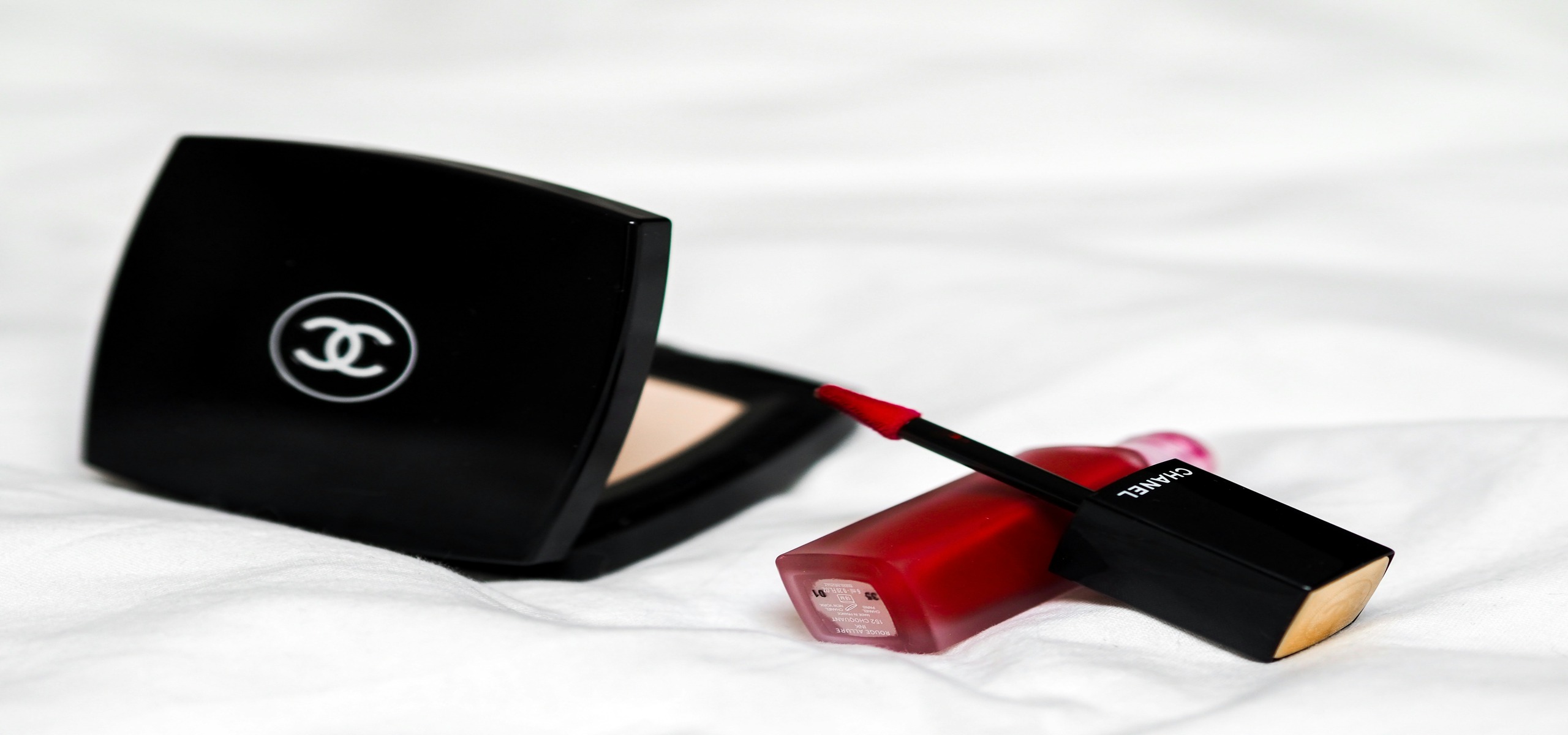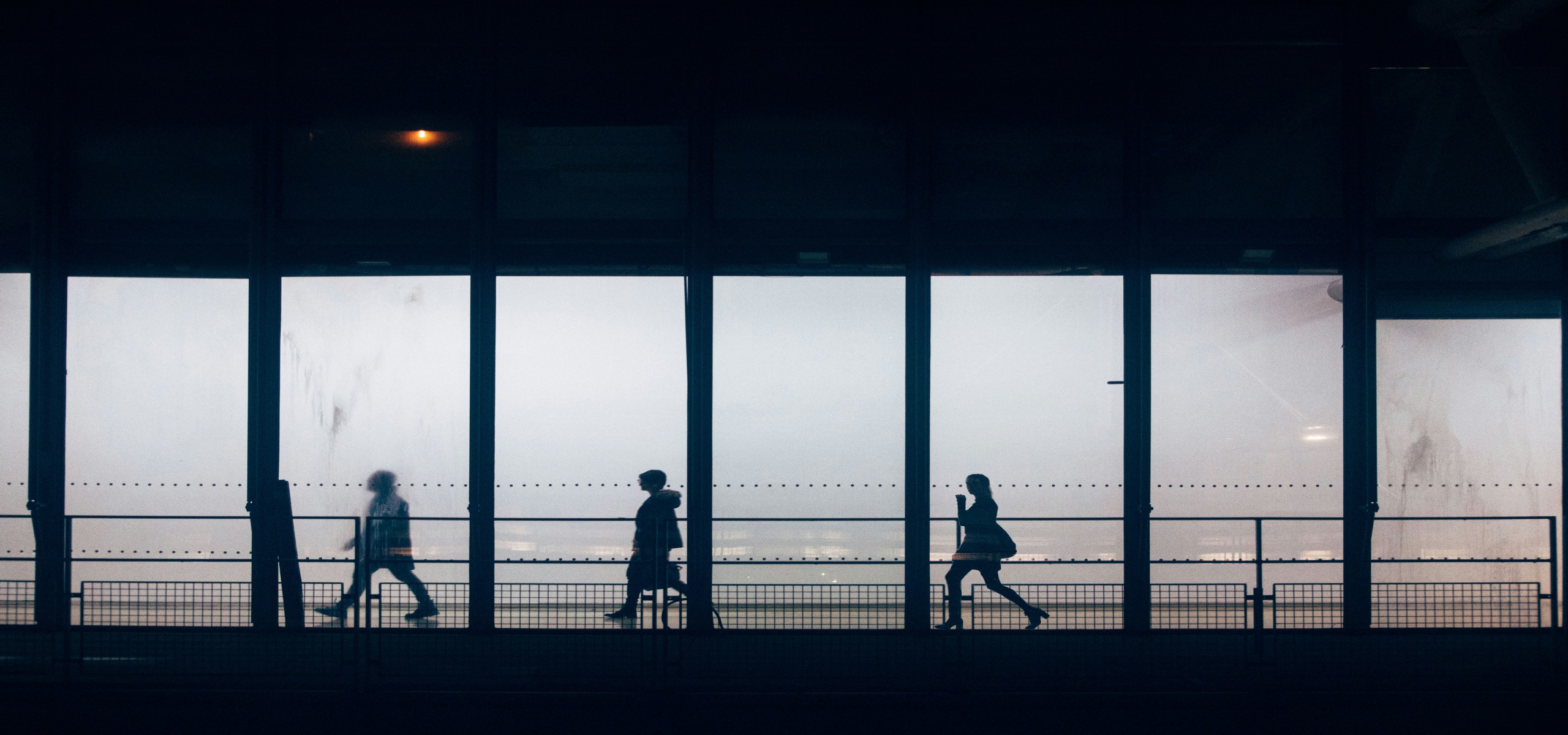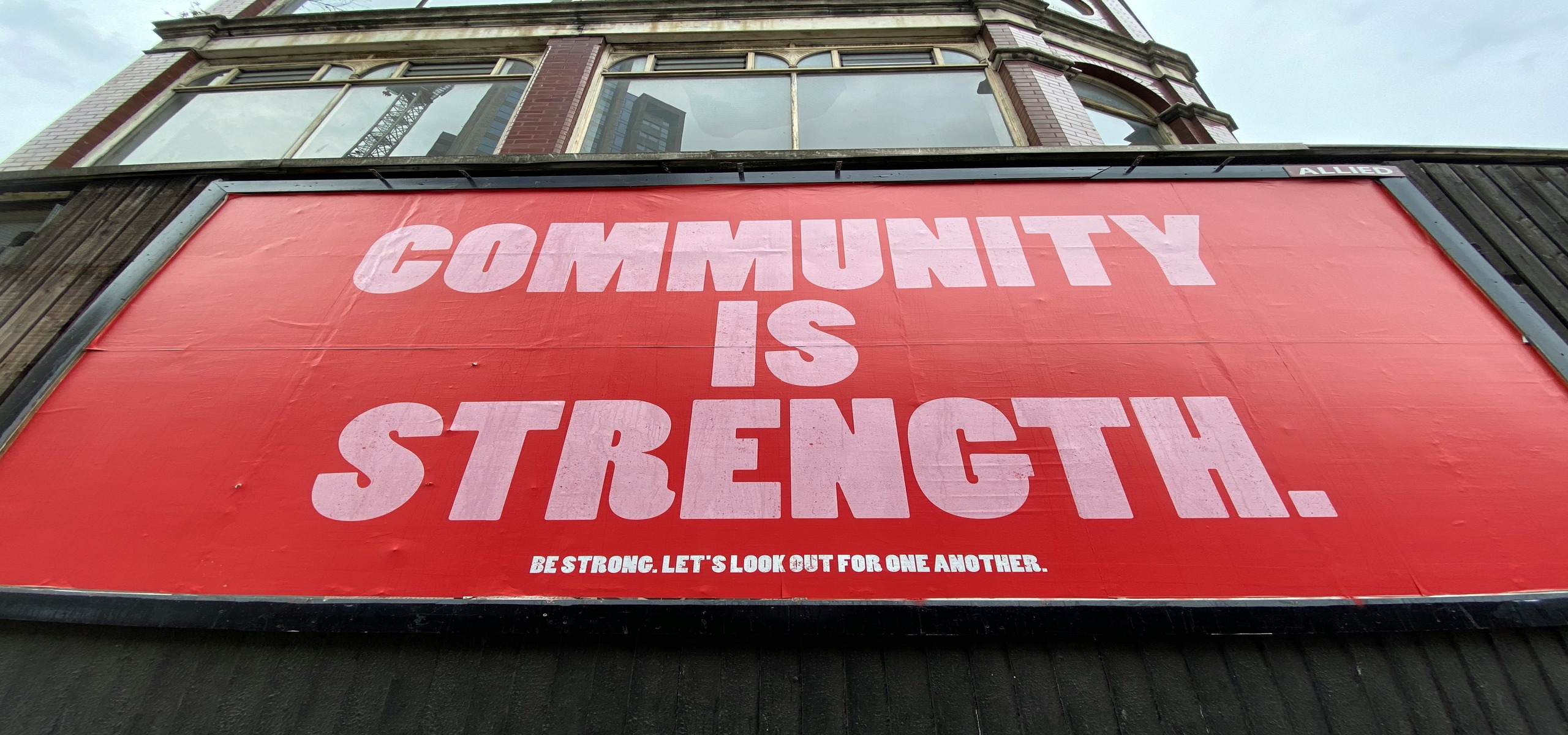The Lipstick Effect: Why People Spend More on Small Luxury Goods During a Recession

What is expendable when trying to cut costs? Holidays? Gym memberships? Private education for your children? Surprisingly, for most people small luxury items are not the first to go. In fact, consumption for these products actually increases during a recession. People give more importance to small, shiny new ornaments and affordable statement pieces when they’re cash strapped than when they have a lot of disposable income.
This phenomenon is called the ‘Lipstick Effect’, although it extends to other beauty products and small luxuries as well. It was first noticed by Leonard Lauder when he realised that sales of his luxury lipstick product had steadily increased throughout the recession in the early 1990s. This was then found to be true in other recessions, such as 2008, and even in the Great Depression.
Between 1929 and 1933, industrial production in the US halved, but sales of cosmetics rose significantly, as average cosmetics expenditure among women increased . More recently, L’Óreal and Estée Lauder both experienced a peak in stock prices during the recession in the latter stages of the pandemic. They also both enjoyed a 5% increase in sales despite the economic slowdown in 2024 . However, both companies are struggling in 2025: if we take lipstick consumption as an economic indicator, this might mean we are exiting the post pandemic economic slump.
While an increase in expenditure for small luxury items during recessions seems counterintuitive (as they are by definition unessential), this behaviour is consistent with the psychology behind consumer decisions. People find comfort and an increase in self-esteem when buying a luxury product. Consumers might not be able to afford a new Mercedes or a trip to the Bahamas, but a top of the range lipstick is an affordable yet luxurious treat. People still feel like they are indulging, but without any feelings of guilt for being irresponsible with their cash.
Another driver of the lipstick effect is the tightening of the job market during a recession; as jobs become more competitive, people subconsciously start investing more in their appearance. When we spend money on designer cosmetics, we feel like we’re investing in ourselves. By making ourselves more attractive, we feel like we’re increasing our appeal, our chances of getting hired. There is an element of truth to this, as research shows that physical features are inevitably an important part of the recruitment process .
Yet studies show that the lipstick effect occurs regardless of employment or marital status. There is a deeper psychological perception of social status attached to luxury items. People feel pressure, often subconsciously, to ‘keep up with the Joneses’ with regards to consumption. For many people, luxury items are an important form of social signalling and contribute to creating the image they want to uphold even in times of economic hardship. This competitive aspect to spending and consumption is a legacy of post-World War II America and persists today.
The danger today is that, while in the past people would have compared themselves to their next-door neighbour who was usually in a similar income bracket, now people are exposed on a daily basis to the lifestyles of the top 1% on social media. A stable middle class household can experience subconscious pressure to match the consumption habits of multi-millionaires, giving them a perceived sense of poverty and hardship. This is intensified by a constant bombardment of advertisements on social media, encouraging people to buy more products.
As well as being financially and mentally unhealthy, the desire to buy what millionaires are buying is based largely on a skewed perspective on most wealthy people’s actual spending habits. The 1996 book ‘The Millionaire Next Door’ argues that many millionaires live relatively frugal lifestyles, and are conservative with their spending, whilst middle- and lower-class people see acquisitions as tied to their personal identity and attribute more importance to luxury items. Social media makes these people give even more importance to perceptions and displays of wealth.
The Lipstick Effect is therefore not only a matter of economics, but reveals an interplay of psychology, social identity and class dynamics which affect the consumption of small luxury items. Of course, not everyone who buys expensive cosmetics even when they’re tight on cash is some sort of social climber, but for a lot of people a designer lipstick can subconsciously serve as a symbol of one’s self-worth and perceived social status, especially when they don’t want their friends to know they are struggling financially.
Purchasing luxurious treats to boost your mood and self-esteem is not necessarily a bad thing, but the lipstick effect is something that people should be aware of given the context of a cost of living crisis. In an age in which the social media driven beauty industry is largely structured around making us insecure to encourage consumption, people should be careful not to fall into the trap of attributing too much importance to discretionary products.

